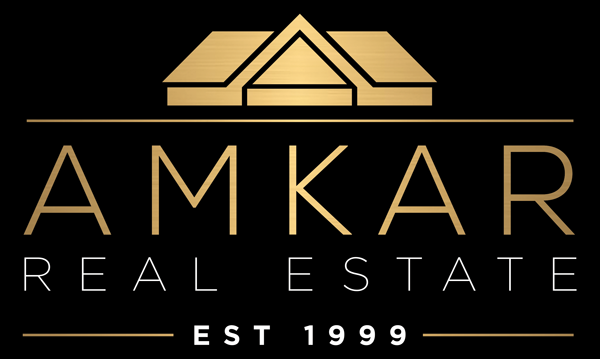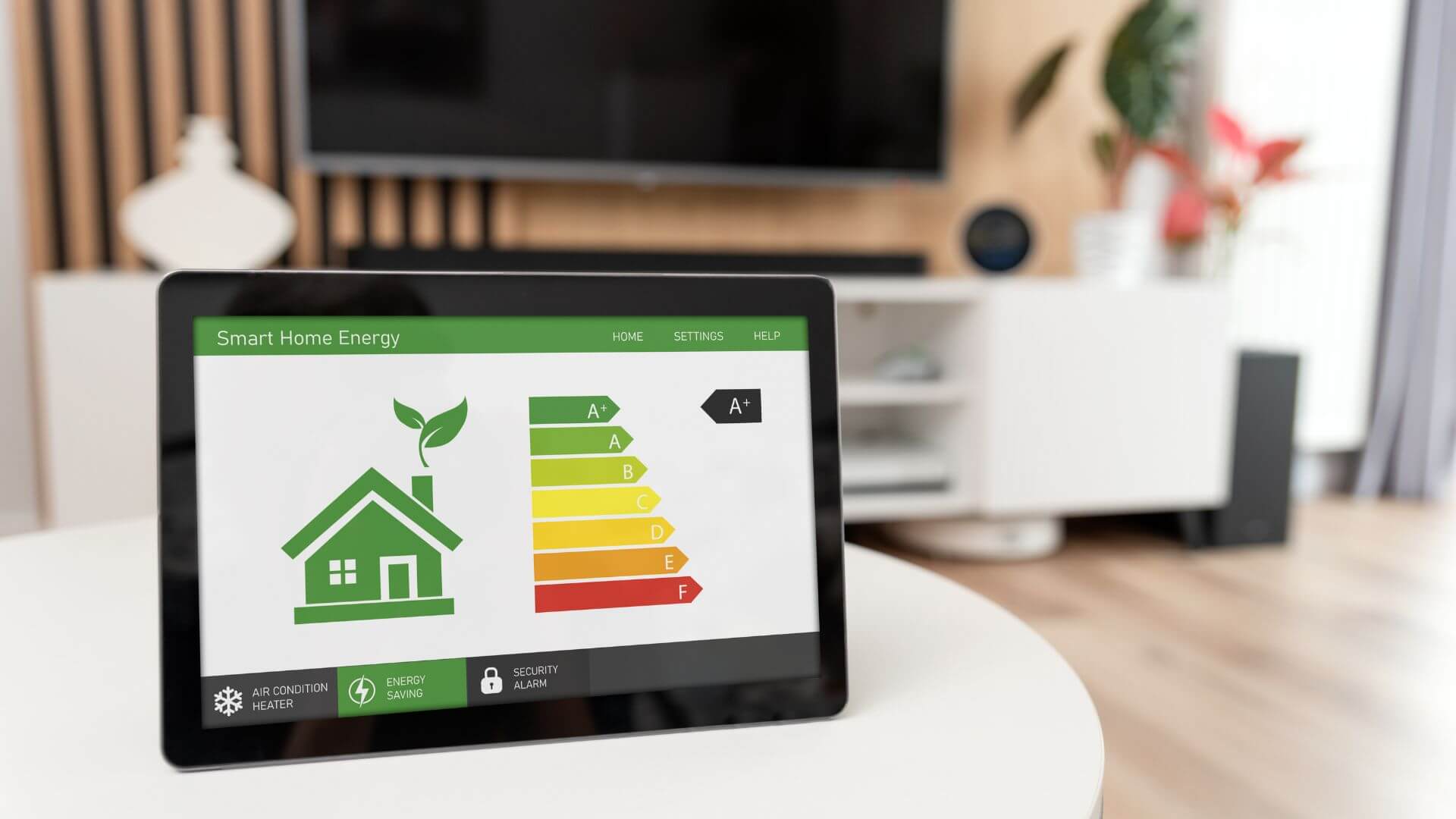Elevating your rental property’s energy efficiency isn’t just good for the planet—it makes your property more attractive to prospective tenants and can even increase its overall value. As awareness and demand for sustainable living options grow, landlords who invest in energy-efficient features find their properties stand out in a competitive market. Making your property more energy-efficient not only boosts its appeal but also enhances tenant satisfaction, setting the stage for a brighter, greener future for your investment.
Understanding Energy Efficiency
Energy efficiency in rental properties means using less energy to perform the same tasks, leading to lower utility bills and a smaller carbon footprint. It’s all about making smarter choices in appliances, insulation, lighting, and heating and cooling systems. These measures not only trim down the energy consumption but also contribute to a more sustainable environment by reducing greenhouse gas emissions.
For landlords, this isn’t just good for the planet; it’s great for business. Energy-efficient properties are more attractive to tenants who value sustainability and lower living costs. Plus, many governments offer incentives like rebates or tax breaks for properties that meet certain energy efficiency standards, not to mention regulations that increasingly require rentals to improve their energy performance. Keeping up with these can ensure your property remains competitive and compliant.
Benefits of Energy Efficiency for Landlords
Investing in energy-efficient upgrades offers immediate financial benefits and enhances a property’s appeal. Lower utility bills from reduced energy consumption directly decrease operating costs, appealing to cost-conscious tenants. This appeal often translates to shorter vacancy periods, as energy-efficient homes align with the growing tenant preference for sustainability. Additionally, these upgrades can lead to a higher property valuation, reflecting the long-term financial upside of making a property more energy-efficient. Such improvements not only cater to current market trends but also future-proof your investment, ensuring it remains competitive and desirable.
Key Areas to Improve Energy Efficiency
Improving your rental property’s energy efficiency isn’t just about cutting costs; it’s about creating value. Focusing on key areas can significantly enhance your property’s appeal and sustainability.
Insulation: Proper insulation in walls, roofs, and floors maintains temperature, reducing the need for artificial heating and cooling.
Heating and Cooling Systems: Upgrading to modern, energy-efficient systems ensures comfortable living conditions with lower energy consumption.
Windows and Doors: Installing double-glazed windows and ensuring proper sealing minimises energy loss, keeping the property warmer in winter and cooler in summer.
Appliances and Lighting: Opting for Energy Star-rated appliances and LED lighting cuts down on electricity usage without compromising on performance.
Solar Power: Incorporating solar panels reduces electricity bills and supports sustainable living. With potential government incentives and rebates, solar power is an investment that pays off by reducing the cost of living and enhancing property appeal.
By targeting these areas, landlords can offer properties that are not only energy-efficient but also more attractive to potential tenants, leading to reduced vacancy rates and potentially higher rental yields.
Implementing Energy-Efficient Solutions
Implementing energy-efficient solutions in your rental property starts with understanding where improvements can be made. Here’s a straightforward approach to identifying and making energy-efficient upgrades:
Conduct an Energy Audit: First, assess your property’s current energy usage and identify areas for improvement. The South Australian government offers valuable resources for performing a home energy audit, guiding you through the process of evaluating your property’s energy consumption. Learn more and even borrow a Home Energy Toolkit for a more in-depth analysis at [SA Government’s Home Energy Audit](https://www.sa.gov.au/topics/energy-and-environment/using-saving-energy/do-a-home-energy-audit#title0).
Seek Professional Advice: After identifying potential energy inefficiencies, consult with energy efficiency experts. They can offer tailored advice on making your property more energy-efficient, from simple fixes to comprehensive upgrades.
Compare Energy-Saving Products: Invest in energy-efficient appliances and fixtures. Look for products with high energy ratings, as these are more efficient and will save on electricity costs in the long run. Remember, investing in energy efficiency not only reduces utility bills but also increases your property’s appeal to potential tenants.
By following these steps and use available resources like the SA Government’s Home Energy Toolkit, you can make informed decisions to enhance your property’s energy efficiency, appeal, and overall investment value.
Monitoring and Maintaining Energy Efficiency
Ensuring your rental property’s energy efficiency is maintained over time requires regular check-ins and a bit of tech-savvy. Regular maintenance of energy-efficient installations, like servicing heating and cooling systems or checking insulation integrity, is key to sustaining their performance and durability. Smart technology, such as programmable thermostats or energy monitoring systems, can help keep a close eye on energy consumption, providing both you and your tenants with real-time insights. Lastly, taking the time to educate your tenants on the optimal use of these energy-saving features can significantly amplify the effectiveness of your efforts, maximising energy savings and contributing to a more sustainable living environment.
Embracing energy efficiency in rental properties isn’t just a trend; it’s a strategic approach that offers tangible benefits for landlords and tenants alike. From reducing utility bills and enhancing property appeal to contributing to a greener planet, the advantages are clear. For landlords, staying informed and proactive in integrating energy-efficient solutions is essential. It not only bolsters the value of your investment but also sets a positive example in the property market. Let’s all play our part in shaping a sustainable future, one energy-efficient upgrade at a time.
Remember, this article is general in nature and is not financial or legal advice. Please consult your professional financial and legal advisors before making any decisions for yourself.

